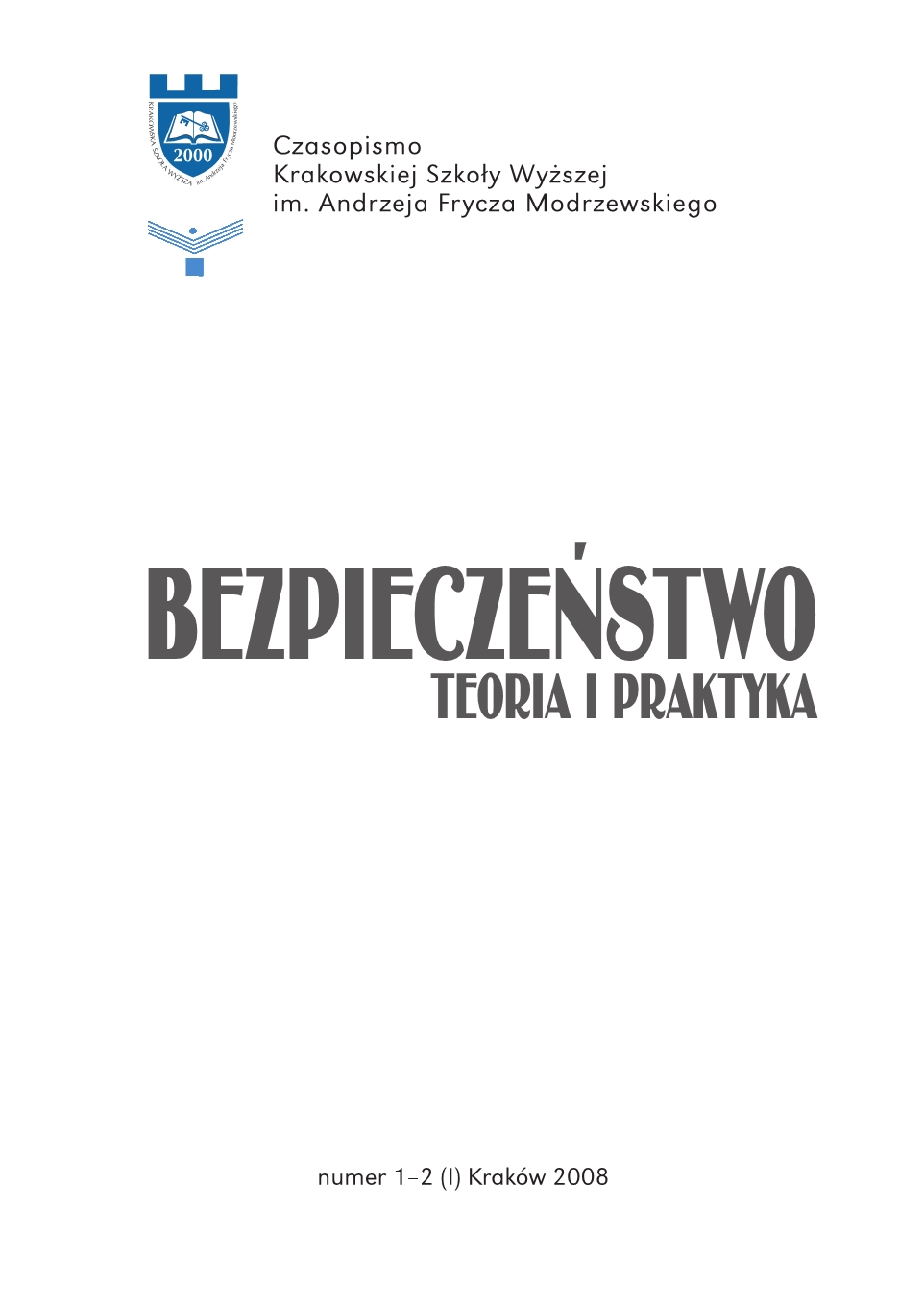Konflikty zbrojne XXI wieku - próba prognozy
Armed Conflicts in the 21st century: an attempt at forecas
Author(s): Andrzej ŻebrowskiSubject(s): Security and defense, Social development, Policy, planning, forecast and speculation, Peace and Conflict Studies
Published by: Oficyna Wydawnicza AFM Uniwersytetu Andrzeja Frycza Modrzewskiego w Krakowie
Summary/Abstract: The article describes the manner how the processes occurring in the social, political, economic and military realms, and their configurations following the collapse of the bi-polar division of the world influenced the perception of contemporary (i.e. post1990) armed conflicts, whose sources the Author attributes to civilisation changes. The Author makes an attempt at prognosticating future armed struggle, subjecting to analysis the events that occurred at the turn of the 20th century, including the Balkan war, the conflicts in the Persian Gulf, wars in the Middle East, in the southern marches of the former USSR, the Indian – Pakistani conflict, and also the wars waged in the African continent. The following conclusions were formulated: 1) The course of recent armed conflicts suggests that in future all the fighting will be conducted by capturing the enemy’s strategically important sites, without the need to take over the entire territory. 2) At the time of the increasingly marked globalisation, we shall be dealing mostly with military campaigns and operations related to the minimum risk, virtual campaign command technologies, and eventually with cyberwars. There is a great danger related to the phenomenon termed the asymmetric military threat. It may be assumed that the scale of the future wars will be limited when it comes to the scope of goals and targets, means, and the use of force. The major form of conducting such wars will beyond doubt be special operations.
Journal: Bezpieczeństwo. Teoria i Praktyka
- Issue Year: 2008
- Issue No: 1-2
- Page Range: 209-221
- Page Count: 13
- Language: Polish

